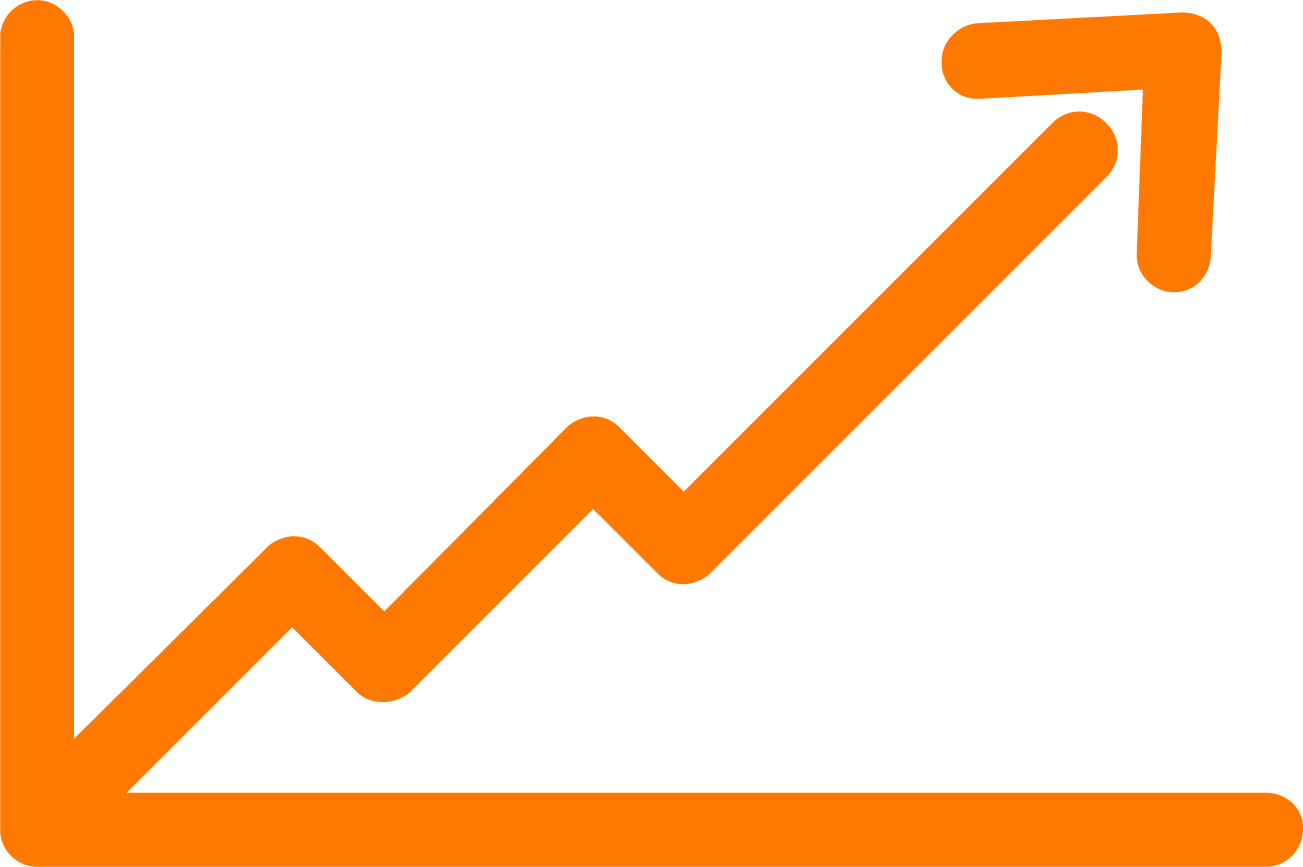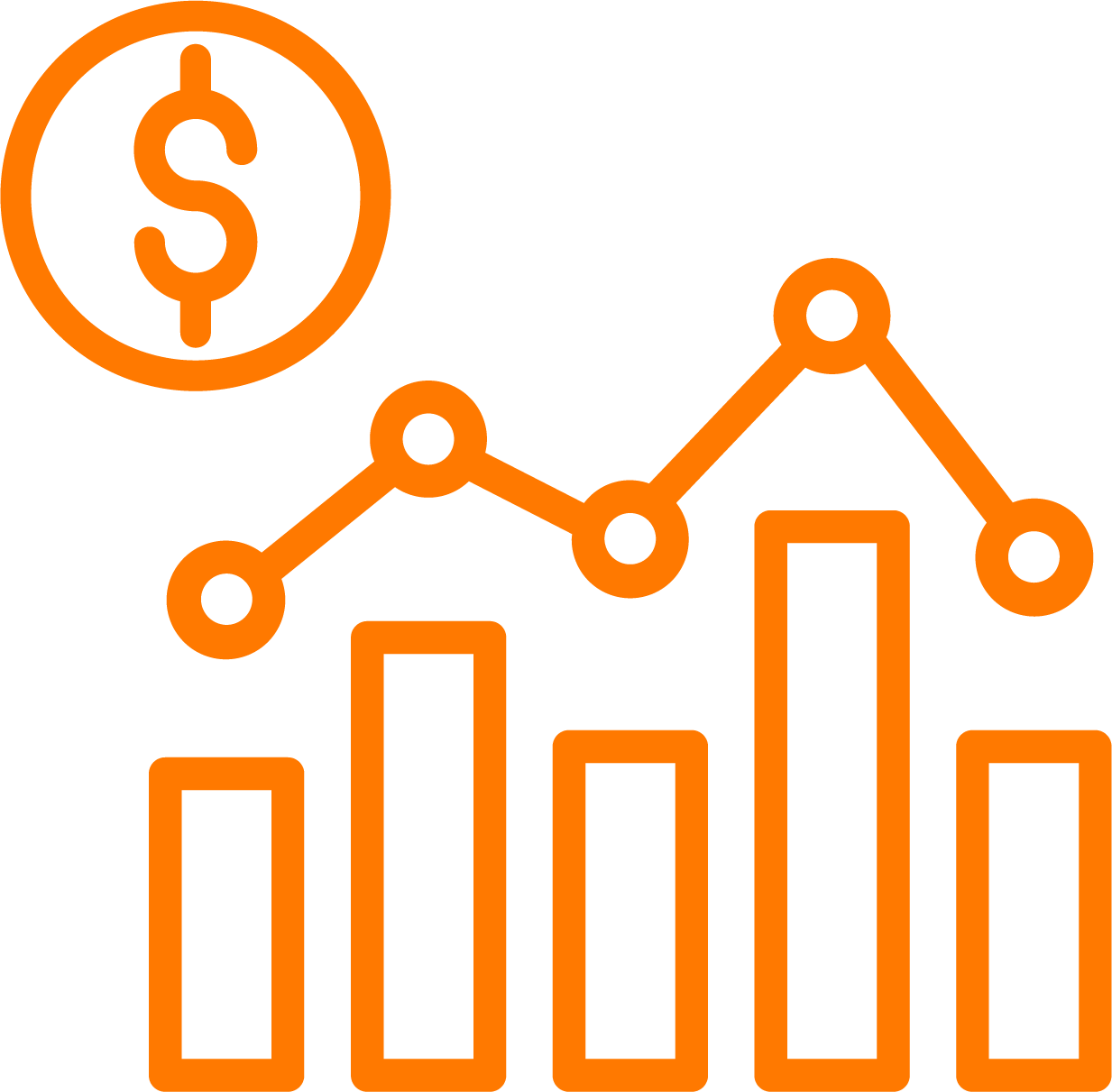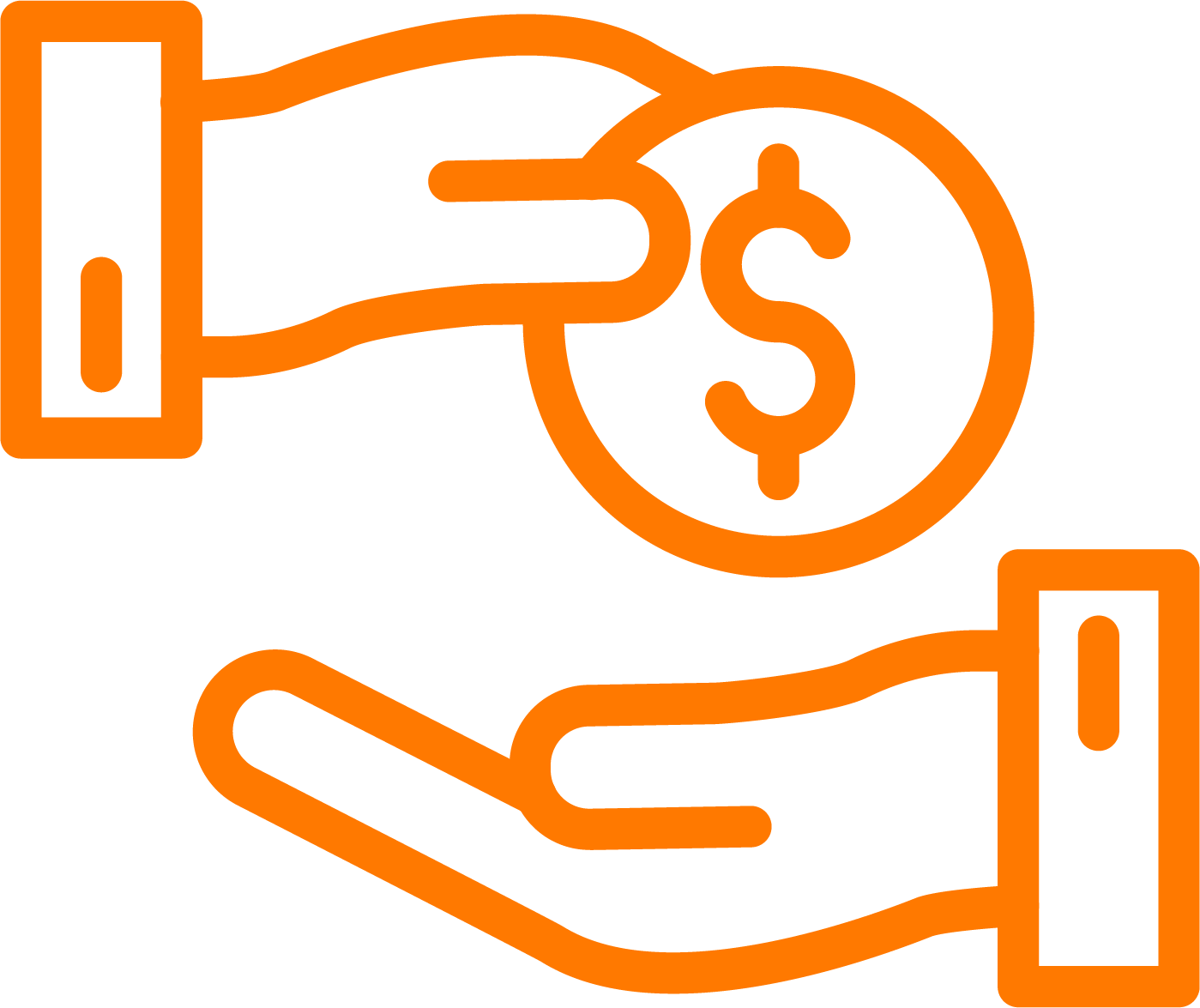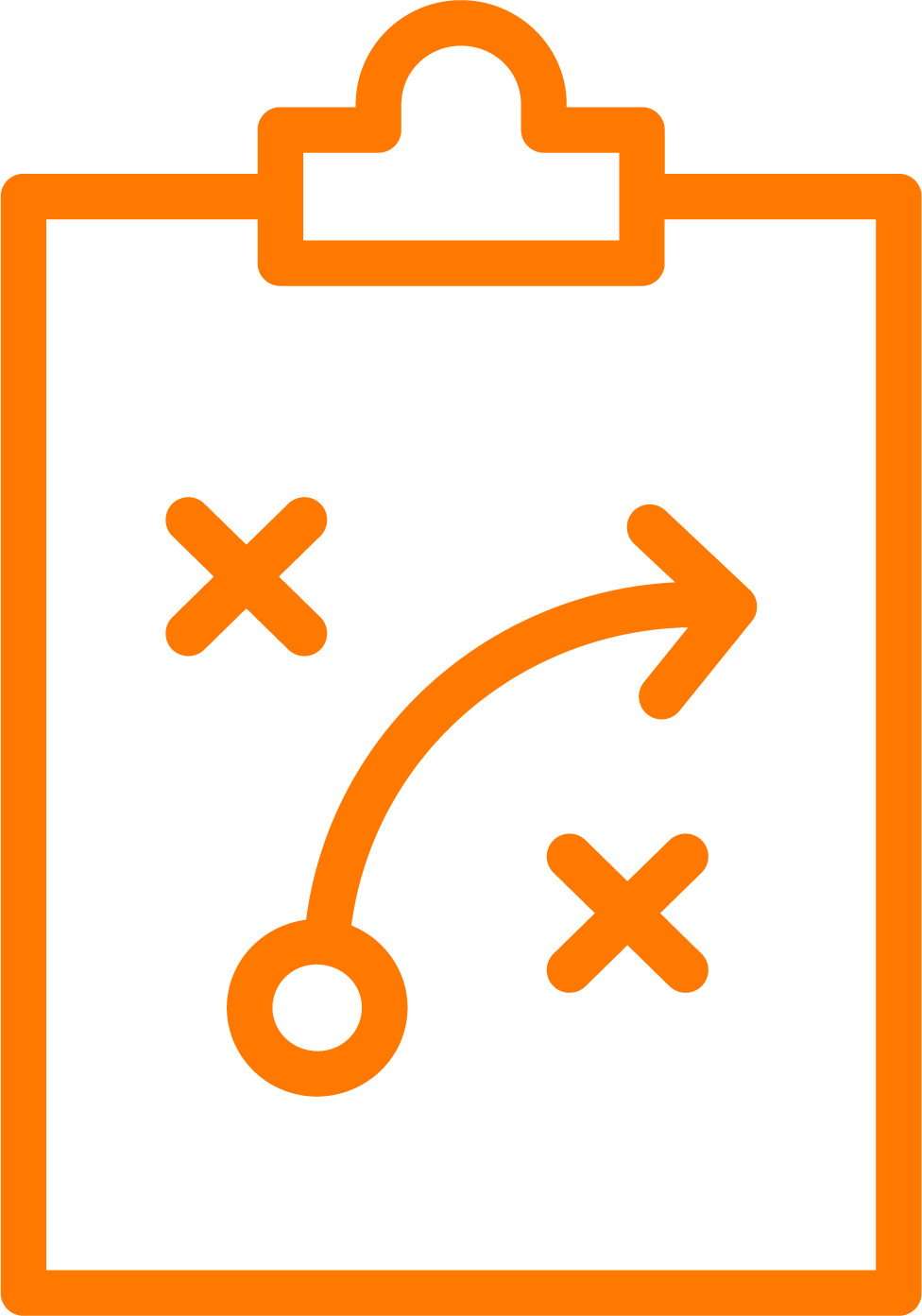
Economics
Earn an Economics Degree at Doane University

What careers will you find with an economics degree from Doane?

Budget Analyst
2018 Median Pay: $76,220 per year

Financial Analyst
2018 Median Pay: $85,660 per year

Financial Examiner
2018 Median Pay: $80,180 per year

Market Research Analyst
2018 Median Pay: $63,120 per year
Program Information
Economics Major
Faculty and Staff

Economics Honor Society - Omicron Delta Epsilon
Omicron Delta Epsilon is an international honor society for students studying economics. With more than 700 chapters, members have the opportunity to cultivate academic and professional relationships with peers and faculty around the world.
Skills Development
80% of recent graduates (2022 and 2023) say they use more analytical, creative, and effective thinking skills when considering issues and problems.
80% of recent graduates (2022 and 2023) say they communicate in a manner that is more purposeful, context appropriate, and conveys a clear message.
100% of recent graduates (2022 and 2023) say they are better able to articulate the knowledge and skills needed for future personal and professional development.
Job Placement
60% of graduates in 2002 & 2023 were not seeking employment (i.e., they are employed, in graduate school, etc.)
Jobs of recent graduates (2022 and 2023):
- Financial Rep
Places of Employment for recent graduates (2022 and 2023):
- Northwest Mutual
2022 and 2023 graduates will work in Nebraska
The Doane Difference
When asked, "what one thing significantly helped your ability to complete your Doane experience?" students responded:
- "Being challenged more and more every year. Building a better and better work ethic along the way."
- "Support from professors and peers was the biggest thing that helped me complete my Doane education."
- "The advisors and close connection with professors."
- "Small classroom sizes and the willingness to help from professors."

Economics is an interdisciplinary field that draws upon history, philosophy, psychology, mathematics, sociology, geography, environmental studies, political science and other fields to provide a logical way of looking at issues in business and society. Economists have different perspectives, which students learn about as they study economic principles, theory and models. Students also learn about sub-fields of economics, such as behavioral economics and environmental economics.
Students can apply economics at a 'micro' level, focusing on individual people, organizations, and markets, as well as at a 'macro' level, which analyzes entire economies, countries, and global economic systems.
Economics students will develop and refine the following skills: critical-thinking, problem-solving, model-building, analysis, research, quantitative reasoning, and decision making. They will also practice articulating themselves in writing and speaking, including asking pertinent questions, making a case for something, and identifying unintended consequences.
Economics is an interdisciplinary field that draws upon history, philosophy, psychology, mathematics, sociology, geography, environmental studies, political science and other fields to provide a logical way of looking at issues in business and society. Economists have different perspectives, which students learn about as they study economic principles, theory and models. Students also learn about sub-fields of economics, such as behavioral economics and environmental economics.
Students can apply economics at a 'micro' level, focusing on individual people, organizations, and markets, as well as at a 'macro' level, which analyzes entire economies, countries, and global economic systems.
Economics students will develop and refine the following skills: critical-thinking, problem-solving, model-building, analysis, research, quantitative reasoning, and decision making. They will also practice articulating themselves in writing and speaking, including asking pertinent questions, making a case for something, and identifying unintended consequences.
